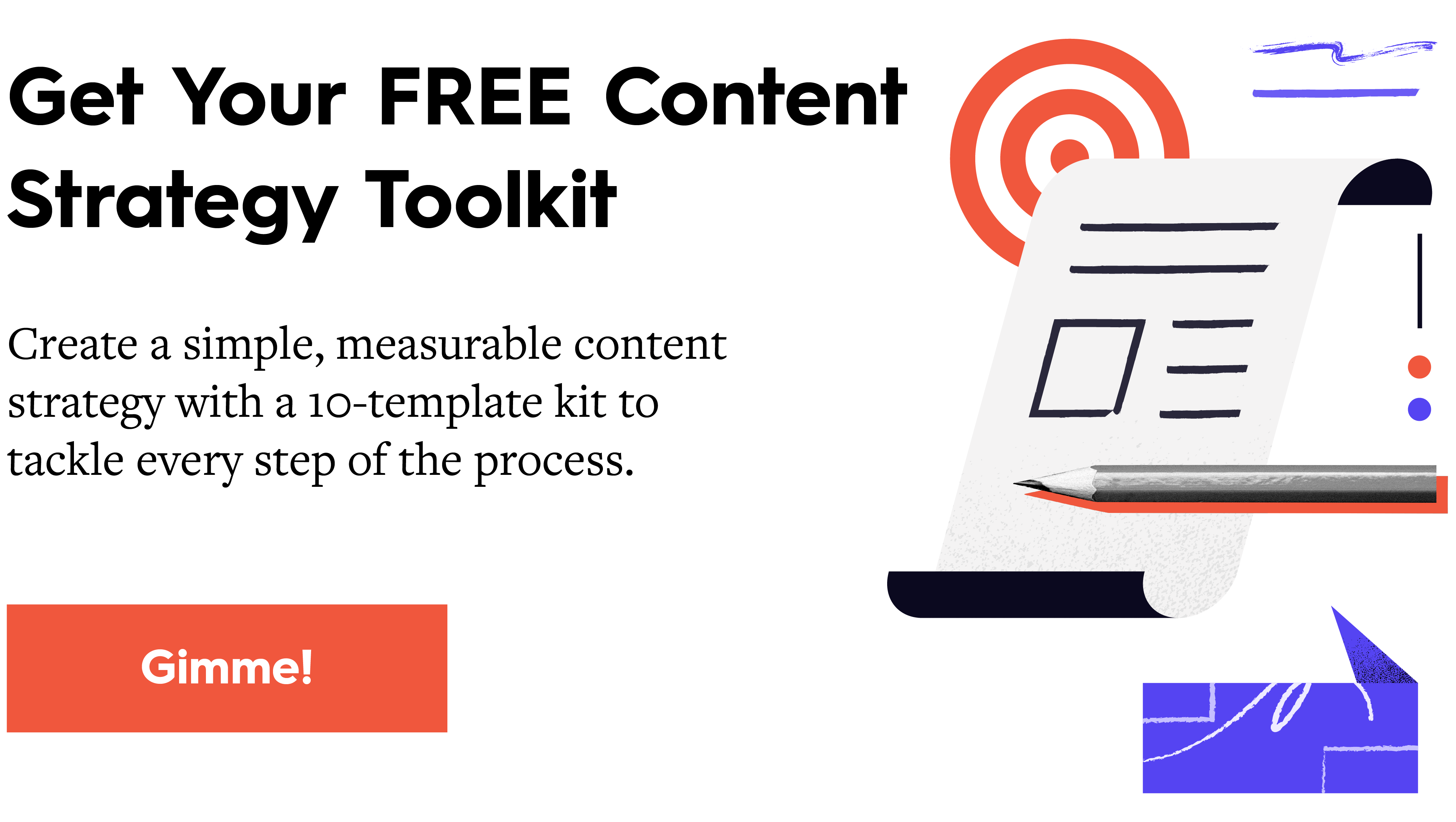Data visualization is an incredibly valuable tool for marketers. It helps you communicate important insights in a visual way, helping you deliver your message more impactfully. But not everyone does data design right—even if they say they do. A good data visualization agency knows data is about more than charts and graphs; it’s about bringing your data to life.
How to Find a Data Visualization Agency
To make the hunt a little easier, here are 8 great questions to ask to help narrow down your search for the right data visualization agency.
1) Do they demonstrate their data expertise?
Many agencies can churn out an infographic, but a great data visualization agency knows the fundamentals of data. They don’t just design; they can analyze and dig into the data to uncover interesting insights. They should also demonstrate that knowledge and share their knowledge and expertise freely. You want to know you’re working with true experts.
2) Do they turn data into stories?
Data analysis is only step one of creating a great data visualization. Turning those insights into a solid narrative and using data visualization to support that narrative is what will make your project truly successful. You don’t just want a data visualization agency to plug your data into a design program. You want them to help you create the most impactful narrative possible.
3) Do they design data according to best practices?
Now here’s where a lot of agencies fall short. Yes, you can design a chart. Yes, you can add a pretty illustration. But this is not what true data visualization is.
The entire point of the art is to make data as comprehensible as possible, to present it in the most easy-to-digest format. There are subtle but very effective ways to do this. The way you label, order, or use color can help or hurt your data visualization. (You can find out more about best practices in our Data Visualization 101 e-book.) Ask them about their data design philosophy to get a sense of how they approach it.
4) Do they work in different mediums?
There are many ways to present data visualizations, including infographics, interactive experiences, video, and more. The format you choose is informed by your data story, which is why it’s so important to work with someone well-versed in data storytelling. They should be able to design whatever the data requires.
5) Have they created similar work before?
If you have a specific idea in mind, you want to work with a data visualization agency that has the skills and experience to execute it for you. (You also want someone who can tell you if your idea doesn’t serve the data well.) Take a look at their portfolio to see if they’ve created similar work or have experience with similar clients or industries.
6) Do they have a good response when you ask them what their favorite type of chart is?
You want to work with people who are passionate about their craft. Asking this question will give you a sense of their knowledge and enthusiasm for data visualization. Trust us, any self-respecting data nerd will have an answer. (And if you want to hear some very strong opinions, you might also ask them which side of the pie chart debate they’re on.)
7) What recent piece of work are they particularly proud of, and why?
You can comb through their portfolio to get a sense of what they do, but if you aren’t the most data-literate person, it’s likely you’ll miss the nuance and craftsmanship that goes into a strong data visualization. Having them explain their thought process behind a design or what they did to help enhance comprehension will give you a sense of their creative process and problem-solving skills.
6) Do they have thorough and thoughtful processes?
There are a lot of moving parts in a major data visualization project. Content needs approval, brand guidelines needs to be communicated, data need to be double-checked. If these responsibilities are unclear, if they fall through the cracks, or are ignored completely, it can affect the quality—and credibility—of your data visualization. Make sure you are clear on how they work, and how they expect to work together with you.
7) Are they transparent with you?
You want a creative partner you can rely on to produce good-quality work. If they seem less than confident, if their pricing is murky, or if you get a general bad vibe, it’s best to move on. Again, a lot of agencies claim that they can do any data visualization, but it is a very specific skillset that requires true expertise.
8) Do they approach projects as collaborative?
You don’t want an antagonistic partner, but you don’t want a total yes-man either. A great piece of data visualization happens when the best ideas make it to the front—regardless of ego. If you have a great design suggestion, they should be open to it. If you’re heading in the wrong direction, you want them to tell you so. The goal is the best project possible. Work with a data visualization agency that puts that value above all else.
Ask these questions while you’re on the hunt and you should be able to find the right partner fairly painlessly. But remember: Finding your partner is only the beginning.
How to Work with Your Data Visualization Agency
If you want your brand to get the best work from your agency, it’s important to establish a good rapport from the jump. Here are a few tips to make the process a little smoother.
- Communicate a clear goal. Your data visualization agency is made up of expert designers and data storytellers who are adept at creating visualizations to communicate a specific purpose. They need to know not only what the goal is for this particular project but how it plays into your larger communication goals. Is it meant to engage people on social? Will it be used at a tradeshow? This info will influence their decisions at every stage, from the language they use to the format they use to present the data. Start off on the right foot with a detailed creative brief to clue them in. Here’s how to write one if you haven’t done it before.
- Educate yourself about data storytelling. It always helps to share a basic understanding of what data storytelling really is. To understand the value of data visualization, find out why data-driven storytelling helps brands, and learn about why our brains love data visualization.
- Don’t just dump your data on them. It’s exciting to have a partner who can dive into your data, but that doesn’t mean they’re your personal assistant. Far too often a client will get so excited they’ll send over every single piece of data they have, giving us a veritable ocean of data to wade through. This wastes precious time for the data visualization agency and, ultimately, your organization—the longer they take, the longer you wait. When you deliver data, it should be organized, complete, and a decent amount of data. (Sometimes people come to us with three stats and ask us to turn it into a data story. Other times, it’s an insane database of randomness.
- Let them extract the most meaningful insights. You may already have a story in mind—and you may have the data to support it—but there may be a more interesting angle in that data. (Sidenote: We hate to see people try to retrofit data just because they have a “great” idea. Not only does this result in a weaker story but you risk misrepresenting data, which can hurt your credibility.) You should have filled your data visualization agency in on the project’s goal, so let them help extract the most valuable insights to achieve that goal.
- Collaborate on the story. Once the most interesting insights are uncovered, it’s vital to shape a narrative that will communicate them with the most impact. This is a highly collaborative process. You know who you’re trying to reach—how they think, what problems they face, the language they use—so you should help guide your data visualization agency. We believe the best story wins, no matter who it came from.
Follow these tips and you should be able to form a productive and creative partnership together. Of course, we’d be happy to build that partnership with you. If you’re looking for someone to turn your spreadsheets into a compelling data story, reach out.





